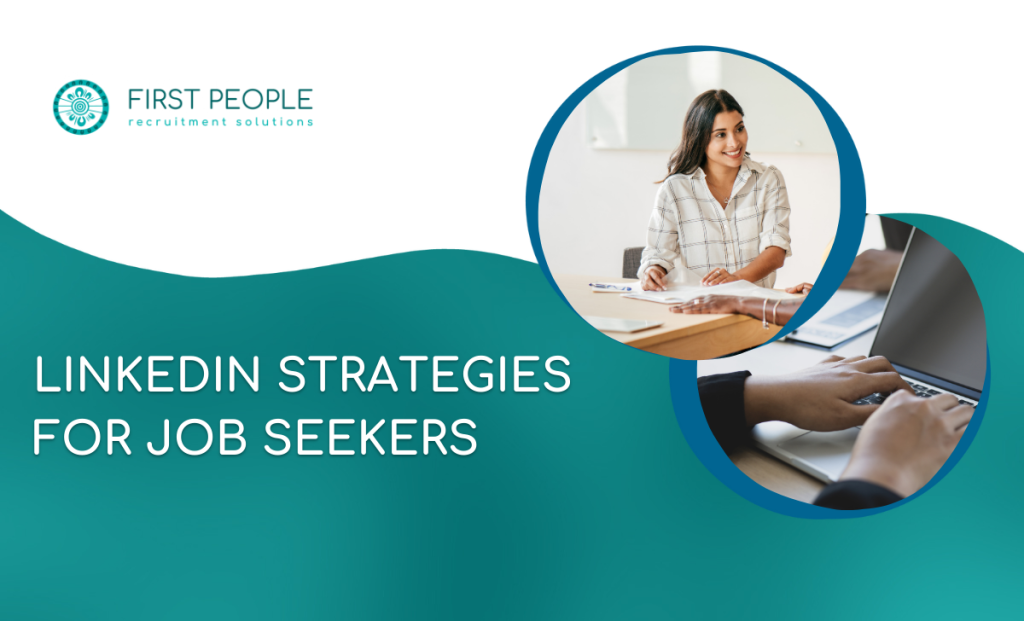In the fast-paced world we live in, it’s easy to prioritise our physical health over our mental well-being. However, just like we care for our bodies, it’s crucial to tend to our minds. Our mental health significantly impacts our overall quality of life, productivity, and relationships. This article will explore the importance of managing your mental health, signs that it’s time to seek help, and the resources available to support you on this journey.
The Importance of Mental Health:
Our mental health affects every aspect of our lives. It influences how we think, feel, and act. Just as we take measures to prevent physical illnesses, we must prioritise our mental well-being. Here’s why:
- Enhanced Productivity: A healthy mind is a productive mind. When your mental health is in check, you’re better equipped to focus, solve problems, and make decisions efficiently.
- Improved Relationships: Mental health influences how we interact with others. Managing it well helps us communicate effectively, maintain healthy relationships, and contribute positively to our social connections.
- Physical Health: Mental health and physical health are interconnected. Neglecting one can adversely affect the other. Prioritising mental health can lead to improved sleep, reduced stress, and a stronger immune system.
- Emotional Resilience: Life is full of challenges. Building strong mental health equips you with the resilience needed to cope with setbacks, bounce back from tough times, and maintain emotional balance.
Recognising When to Seek Help:
Knowing when to ask for help is a sign of strength, not weakness. Here are some indicators that it might be time to reach out:
- Persistent Sadness or Anxiety: If feelings of sadness, worry, or anxiety persist for weeks and interfere with your daily life, it’s important to seek support.
- Loss of Interest: A marked loss of interest in activities you once enjoyed could be a sign of underlying mental health concerns.
- Drastic Changes in Behaviour: Significant changes in sleeping or eating patterns, irritability, or social withdrawal may indicate a need for professional assistance.
- Inability to Cope: If you’re struggling to cope with stressors and your usual strategies aren’t effective, seeking help can provide you with new tools and insights.
- Physical Symptoms: Unexplained physical symptoms like headaches, stomachaches, or chronic fatigue may be linked to mental health issues.
Resources and Support:
There’s no need to navigate this journey alone. Various resources and support systems are available:
- Talk to Someone You Trust: Confide in a friend, family member, or colleague. Sharing your thoughts and feelings can provide relief and a different perspective.
- Professional Help: Mental health professionals, such as therapists, psychologists, and counsellors, are trained to provide guidance and strategies to manage mental health challenges.
- Employee Assistance Programs (EAPs): Many workplaces offer EAPs, which provide confidential counselling and resources to employees facing mental health issues.
- Online Resources: Numerous websites and apps offer information, self-assessment tools, and coping techniques for managing mental health.
- Community and Support Groups: Connecting with others who are experiencing similar challenges can create a sense of belonging and offer practical advice.
Remember, Help is Available:
You can find support by contacting your local doctor or one of these crisis lines available 24/7:
- Lifeline: 13 11 14 | lifeline.org.au
- Beyond Blue: 1300 224 636 | beyondblue.org.au
- Suicide Call Back Service: 1300 659 467 | suicidecallbackservice.org.au
- Mensline: 1300 789 978 | mensline.org.au
Prioritising your mental health is a vital aspect of leading a fulfilling life. By recognising the importance of mental well-being, identifying when to seek help, and accessing available resources, you’re taking a proactive step towards nurturing a healthier mind. Remember, seeking help is a sign of courage and self-care, and it’s never too late to begin the journey towards improved mental well-being.



